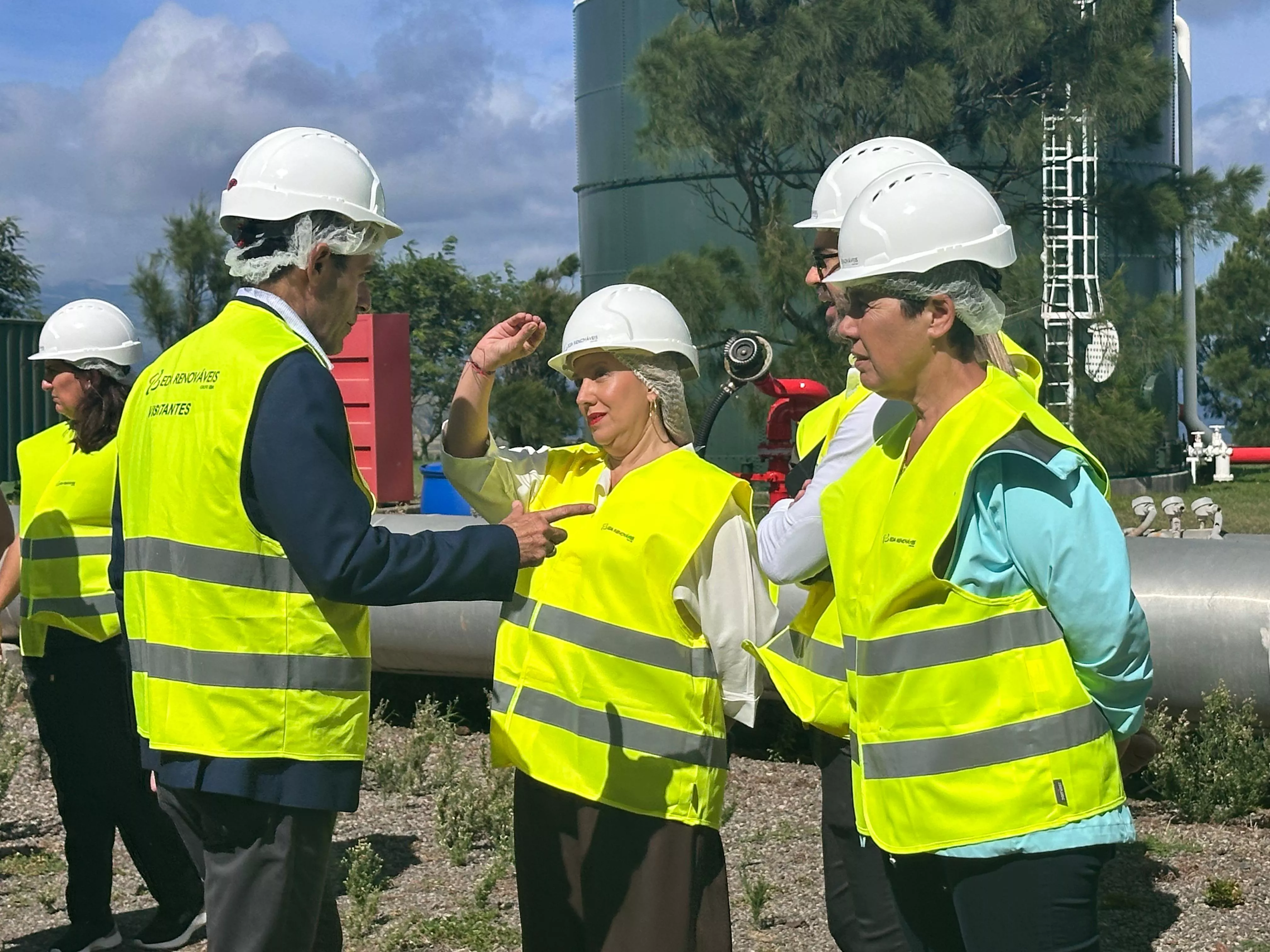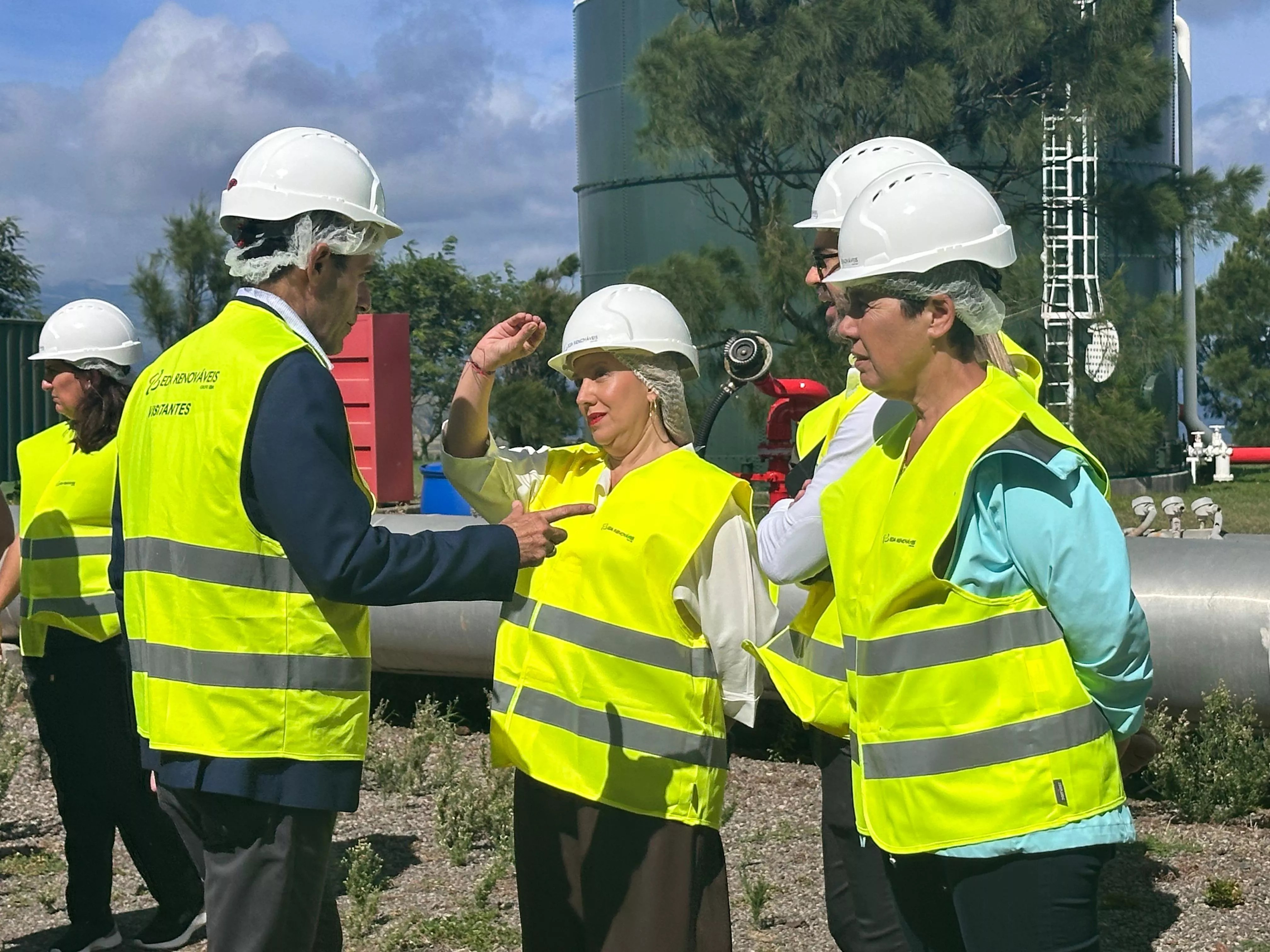Canarian Consortium Explores Geothermal Development in Azores

A delegation from the public-private consortium Geothermal Energy of the Canary Islands visited the Pico Vermelho Geothermal Power Plant on São Miguel Island in the Azores on Wednesday. The purpose of the visit was to learn about the geothermal development model of the Portuguese archipelago and assess its applicability in Tenerife.
According to a statement from the Cabildo de Tenerife, the plant, owned by EDA Renováveis, “generates up to 10 megawatts and, along with the Ribeira Grande plant, contributes 33% of the island’s renewable production.” The island’s president, Rosa Dávila, emphasised that geothermal energy “represents the island’s energy future, aiming to eliminate reliance on fossil fuels and ensure a sustainable network that operates 24 hours a day.”
She also highlighted the importance of “protecting the natural environment, ensuring that the installation of plants does not result in negative environmental impact,” and noted that in the Azores, geothermal energy accounts for 42% of energy consumption.
Utilisation Systems
Santiago Rull, director of DISA Energía, pointed out that, like the Canary Islands, the Azores is an ultra-peripheral region with “more than 45 years of experience in geothermal energy.” Meanwhile, Deputy Minister Julieta Schallenberg indicated that the Canary Islands “are thoroughly studying systems for harnessing this energy and wish to promote its benefits with safety guarantees.”
During the visit, the delegation learned about the geothermal extraction process reaching depths of up to 2.4 kilometres, as well as the energy independence of each island in the Azores, developed over 40 years. They also toured the facilities to explore infrastructure, equipment, and generation wells, while being introduced to the socioeconomic and environmental potential of this renewable energy source.
Expansions
Ana Zurita, the general director of Industry, noted that geothermal energy “could reduce production costs from €300 per megawatt-hour by up to 30% on electricity bills, in addition to fostering local investment and job creation.” In this regard, the Cabildo detailed that the planned expansions at the Pico Vermelho and Ribeira Grande plants, with an additional 12 and 5 megawatts respectively, “aim to increase renewable penetration in the Azores from 21% to 53% by 2027, offering a model for geothermal development in the Canary Islands.”














